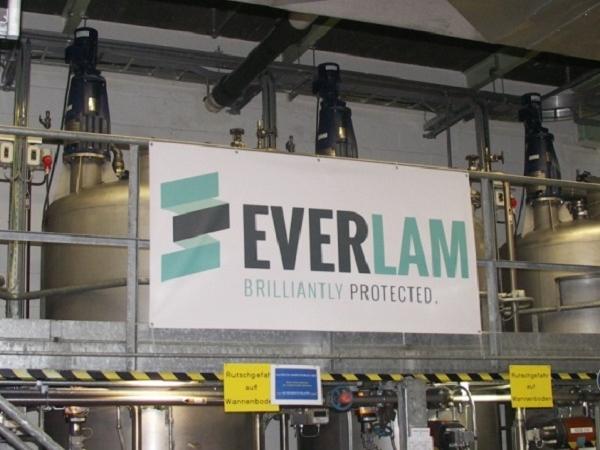
Date: 13 April 2018
The manufacture of laminated glass follows a continuous process until you get to the autoclave, which is a batch process and can often be a bottleneck and a potential source of costly technical problems and delays.
To increase productivity, manufacturers may be tempted to run the autoclaves on shorter cycles than needed or overlook the necessary cleaning phases. However too short a cycle may cause the glass to heat up unevenly with varying adhesion as a consequence.
An autoclave not properly cleaned and maintained may increase the risk of an autoclave fire. Autoclaves can offer the perfect environment to create a spark under oxygen rich atmosphere and with volatile substances in the air, leading to a fire.
An autoclave fire is dangerous, causes damage and dirt. It incurs high costs related to the replacement of insulation and possible damaged equipment, not to mention lost product and production time during insulation replacement. It is therefore critical to make sure that your autoclaves are in proper order and well cleaned.
EVERLAM is the only PVB producer to propose an in-depth analysis of its customers’ autoclaves. We focus on aspects such as the autoclave’s internal insulation, potential contamination as well as the optimum cleaning cycles/frequencies..
At EVERLAM, we have in-depth technical knowledge and expertise acquired over years of working with our customers to work out improvements, fix issues and find creative solutions. We work with laminators to provide technical assistance, tools and programs to enhance the productivity of your manufacturing operations. We also assist with training of the production and maintenance team.
 600450
600450

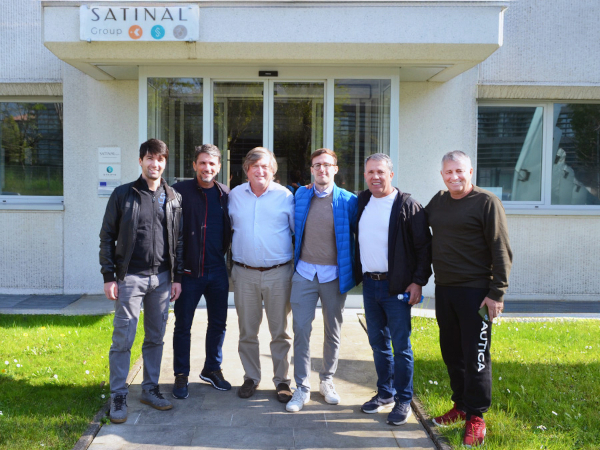
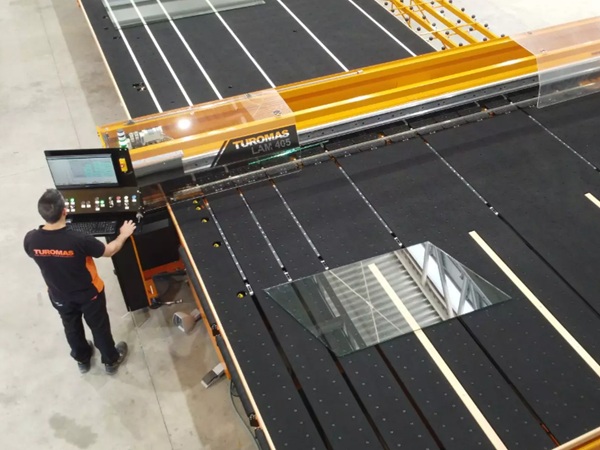

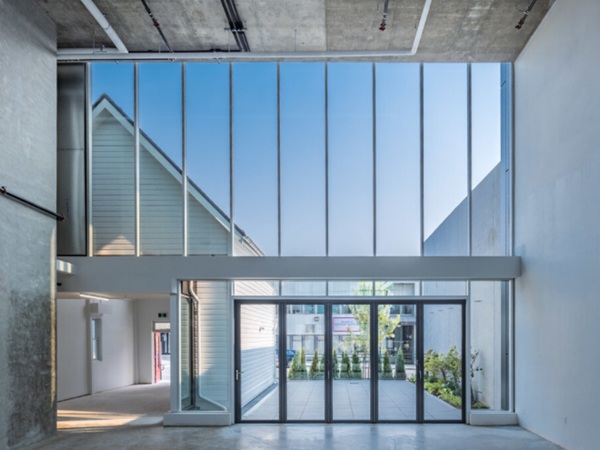
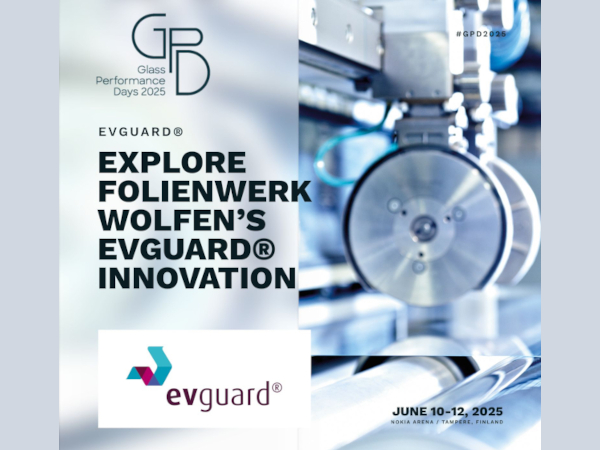
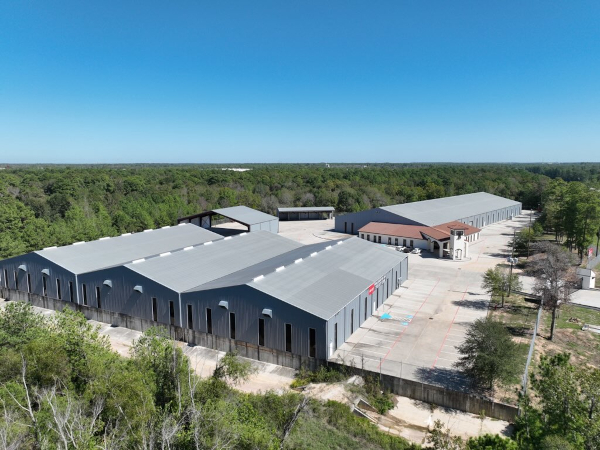















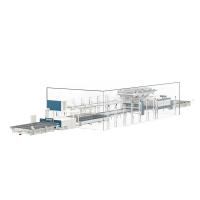
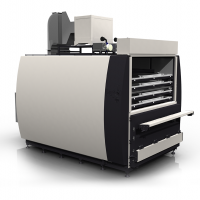


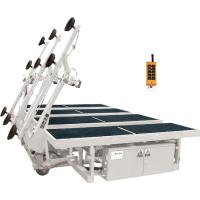

Add new comment